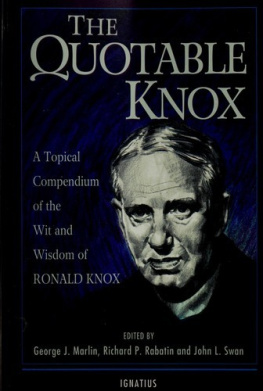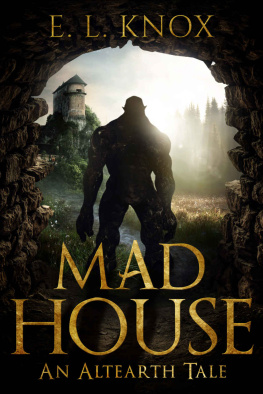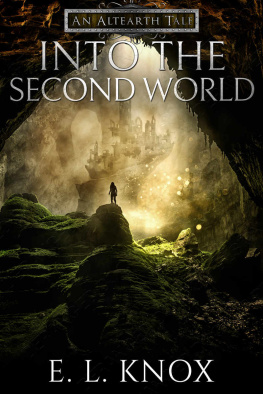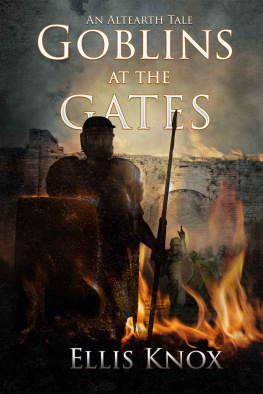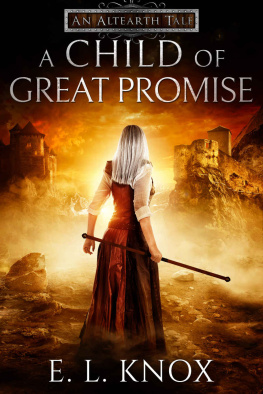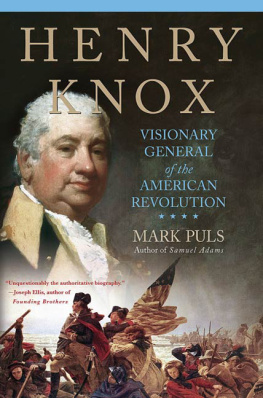Danny Kravitz - The Untold Story of Henry Knox: The Man Who Saved Boston
Here you can read online Danny Kravitz - The Untold Story of Henry Knox: The Man Who Saved Boston full text of the book (entire story) in english for free. Download pdf and epub, get meaning, cover and reviews about this ebook. year: 2015, publisher: Capstone, genre: History. Description of the work, (preface) as well as reviews are available. Best literature library LitArk.com created for fans of good reading and offers a wide selection of genres:
Romance novel
Science fiction
Adventure
Detective
Science
History
Home and family
Prose
Art
Politics
Computer
Non-fiction
Religion
Business
Children
Humor
Choose a favorite category and find really read worthwhile books. Enjoy immersion in the world of imagination, feel the emotions of the characters or learn something new for yourself, make an fascinating discovery.
- Book:The Untold Story of Henry Knox: The Man Who Saved Boston
- Author:
- Publisher:Capstone
- Genre:
- Year:2015
- Rating:5 / 5
- Favourites:Add to favourites
- Your mark:
The Untold Story of Henry Knox: The Man Who Saved Boston: summary, description and annotation
We offer to read an annotation, description, summary or preface (depends on what the author of the book "The Untold Story of Henry Knox: The Man Who Saved Boston" wrote himself). If you haven't found the necessary information about the book — write in the comments, we will try to find it.
When supplies were running low, Knox led a group of men through treacherous conditions to retrieve weapons and ammunition for the Colonial Army. His brave actions brought about a much-needed victory for the Patriots and saved the city of Boston from destruction. In doing so, Knox played a significant role in saving the American cause. Henry Knoxs mission to save Boston from the British makes an unforgettable story, yet its unfamiliar to many people.
Danny Kravitz: author's other books
Who wrote The Untold Story of Henry Knox: The Man Who Saved Boston? Find out the surname, the name of the author of the book and a list of all author's works by series.





